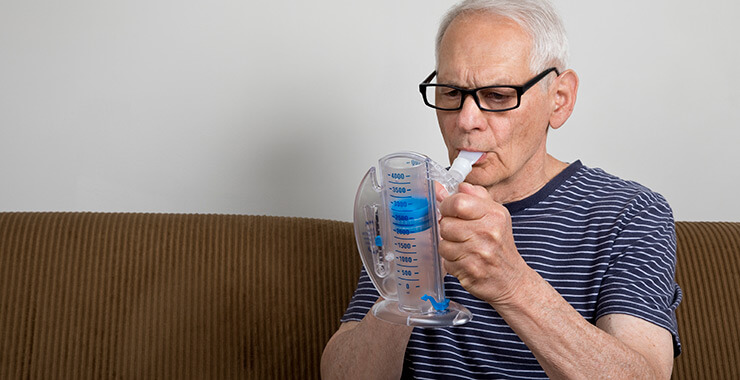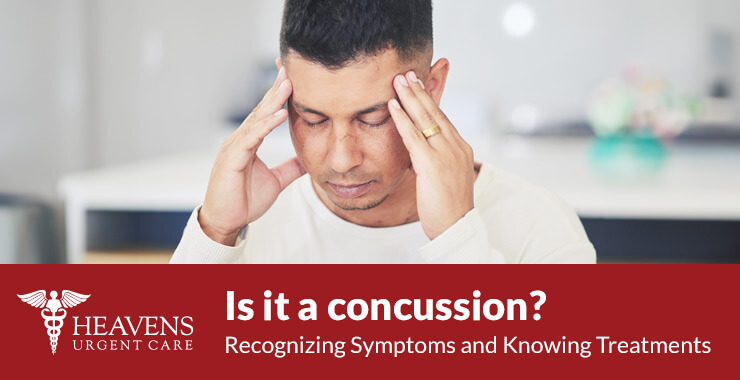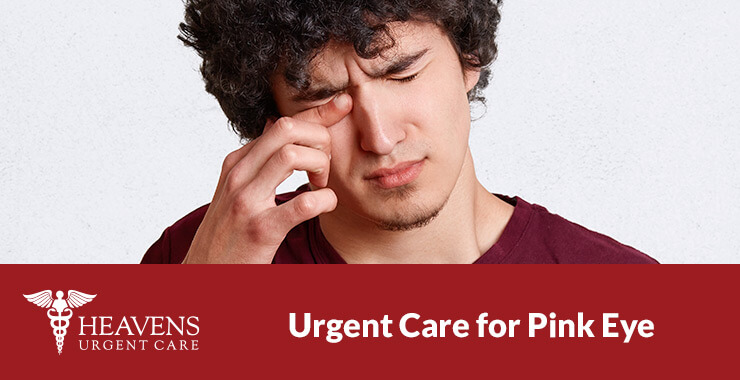You may be reading about it everywhere, or you may be experiencing it. Long COVID is here to stay and there are some definite challenges when it comes to understanding it, treating it, and finding relief.
The COVID-19 pandemic left us a worldwide legacy of challenges, even for those who have seemingly recovered from the initial infection.
Recently dubbed long COVID, this condition is characterized by a range of persistent symptoms that continue long after the acute phase of the illness has resolved. In this article, we delve into the complexities of this condition, its treatment options, and guidance for those who suspect they may be affected.
Estimates of long COVID incidence among non-hospitalized adults with COVID-19 range from 7.5% to 41%.1
What is Long COVID?
Long COVID, also known as post-acute sequelae of SARS-CoV-2 infection (PASC), refers to a grouping of symptoms and conditions that persist beyond the typical recovery phase of COVID-19.
While the exact cause of long COVID is yet to be fully understood, researchers suggest various mechanisms such as viral persistence, immune dysfunction, or chronic inflammation.

Symptoms of Long COVID
Long COVID presents a wide array of symptoms, which can vary in intensity and duration among individuals. Common manifestations include:
- persistent fatigue
- breathlessness
- cognitive impairments (such as brain fog or difficulty concentrating)
- joint pain
- Chest discomfort
- Sleep disturbances
- Anxiety
- Depression
- Dizziness
- Gastrointestinal problems
- Heart palpitations
- Problems with sexual desire or capacity
- Loss of smell or taste
- Reduced quality of life
Its Prevalence May Be Underestimated
Sometimes symptoms go away and then return. A recent survey found that of the over 14 million Americans currently estimated to have long COVID, nearly 80% had a reduced ability to carry out their day-to-day activities compared to before having the virus.
Nearly a quarter reported that their limitations were “significant.” Long COVID can result in disability, and many people report being unable to work.
Anyone can get long COVID, including children and even people who had very mild illness or had no symptoms.
It is not yet known why some people get it and others don’t, but some studies suggest it may be more common among women and older people, people with chronic conditions, and people who had more severe symptoms with their initial illness.
People infected before the emergence of the omicron variant and those who were not vaccinated before they got COVID-19 also appear to have a higher risk of developing long COVID.

Understanding the Treatment Landscape
Currently, there is no specific treatment for long COVID. However, a multi-disciplinary approach is commonly employed to manage the diverse symptoms and provide relief to those affected.
Treatment options may include a combination of pharmacological interventions, psychological support, rehabilitation programs, and lifestyle modifications.
- Pharmacological Interventions: Medications such as pain relievers, anti-inflammatory drugs, and antidepressants may be prescribed to address various symptoms associated with long COVID.
- Psychological Support: Mental health professionals play a crucial role in offering counseling and support to manage the psychological impact of long COVID, including anxiety, depression, and stress.
- Rehabilitation Programs: Physical and occupational therapists, as well as speech-language pathologists, may assist in designing tailored rehabilitation programs to address muscle weakness, cognitive impairments, or breathing difficulties experienced by long COVID patients.
- Lifestyle Modifications: A holistic approach encompassing adequate rest, balanced nutrition, graded physical activity, and stress reduction techniques can aid in symptom management and improving overall well-being.

Seeking Medical Help and What Comes Next
If you suspect you may be experiencing long COVID symptoms, it is essential to consult a healthcare professional. Heavens Urgent Care will evaluate your symptoms, conduct necessary tests, rule out other potential causes, and then guide you toward appropriate care.
While it can seem daunting, it is crucial to remain patient and resilient, as the road to recovery from long COVID can be (no pun intended), long.
If you are diagnosed with long COVID, we encourage you to join support groups to share experiences and access resources. Researchers worldwide continue to investigate this new syndrome, working towards understanding its mechanisms and developing targeted treatments.
Acknowledging the existence of long COVID is essential for providing appropriate support to those affected. Increased research, funding, and global collaboration are urgently needed to unravel the mysteries of this syndrome, develop effective treatments, and improve the quality of life for individuals living with long COVID.
References:
[1] https://www.ssph-journal.org/articles/10.3389/phrs.2022.1604501/full
Carfì A, et al. Persistent Symptoms in Patients After Acute COVID-19. JAMA. 2020;324(6):603-605.
Nalbandian A, et al. Post-acute COVID-19 syndrome. Nat Med. 2021;27(4):601-615.
National Institute for Health and Care Excellence. COVID-19 rapid guideline: managing the long-term effects of COVID-19. Updated December 2020. Available from: https://www.nice.org.uk/guidance/ng188
Carfi A, et al. Long COVID: an overview. Diabetes Metab Res Rev. 2021;e1759.
Greenhalgh T, et al. Management of post-acute covid-19 in primary care. BMJ. 2020;370:m3026.
Sivan M, et al. Early discharge hospital at home. Chest. 2021;159(1):484-493.
Sudre CH, et al. Attributes and predictors of long COVID. Nat Med. 2021;27(4):626-631.







